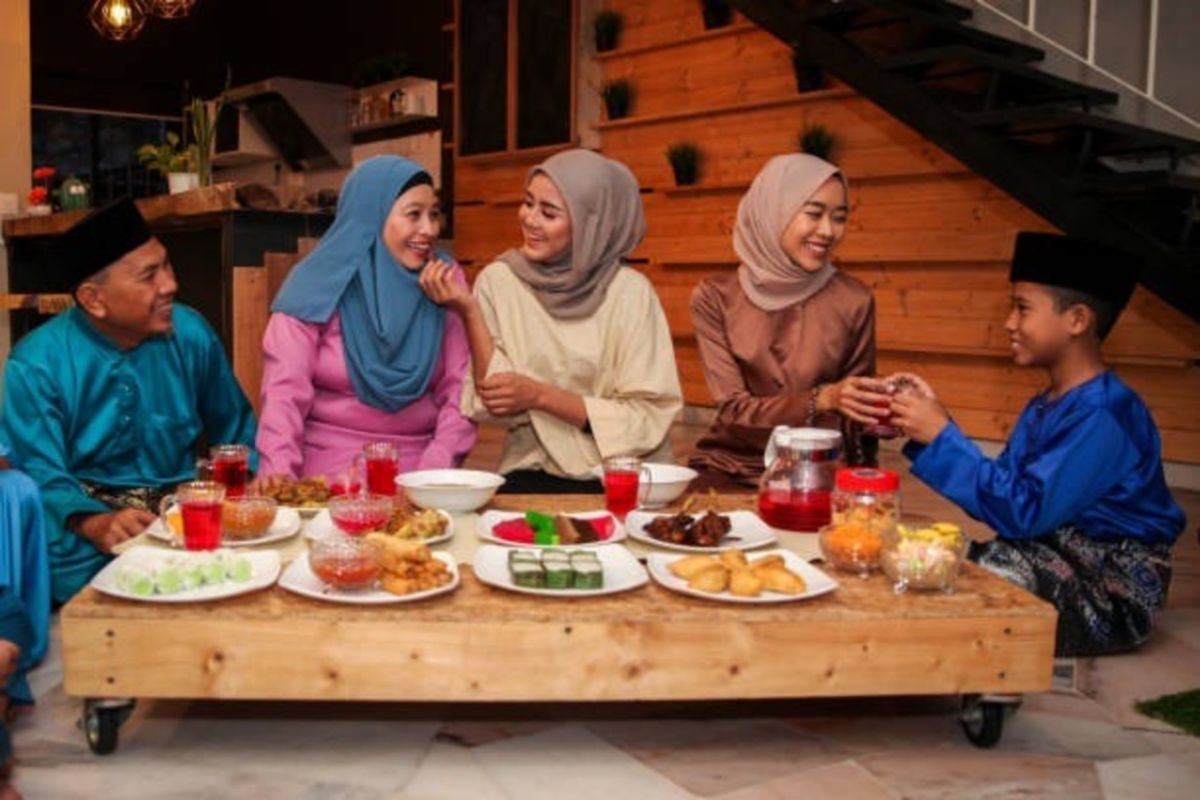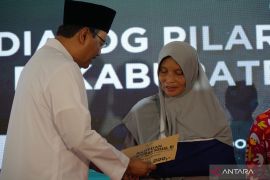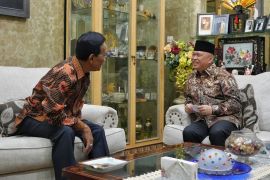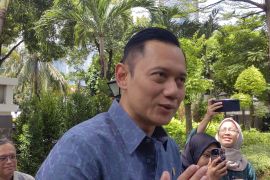“The first step I recommend is to share the delicious food and drink with relatives and people around us. God willing, this can be a blessing. This can also be done before Eid arrives to help people who are more in need," She stated here on Saturday.
In addition to sharing food with others in need, she explained that members of the community can maintain their diet through moderate consumption.
Salama suggested people to try each food in small portions to delight the taste buds and overcome curiosity.
Eat only a half portion of dishes that are high in carbohydrates and side dishes, followed by vegetables and fruits.
"Try to eat five servings of vegetables and fruits per day. Three times while eating big and twice as snacks between big meals," she recommended.
While consuming food or beverages, she called on people to avoid food and beverage items that are rich in sugar, oil, flour, salt, and fat, such as coconut milk, cakes, sweetened packaged drinks, and soda.
The next tip is to refrain from emotional binging, as satiety due to the good taste is only momentary in nature.
She recommended all individuals to diligently monitor their weight on a daily basis. Meanwhile, people above 40 years of age and having comorbidities can conduct regular checks at least once every three days, including to examine the levels of blood pressure, blood sugar, and cholesterol.
As the intake of food tends to increase, Salama advised people to step up their physical activity, such as by going for light walks or clocking about six to eight thousand steps per day and increasing the number gradually.
Related news: Free lunch program to meet nutritional diet needs, empower communities
Related news: Bapanas encourages varied diets to bolster food security
Translator: Hreeloita, Kenzu
Editor: Rahmad Nasution
Copyright © ANTARA 2024












